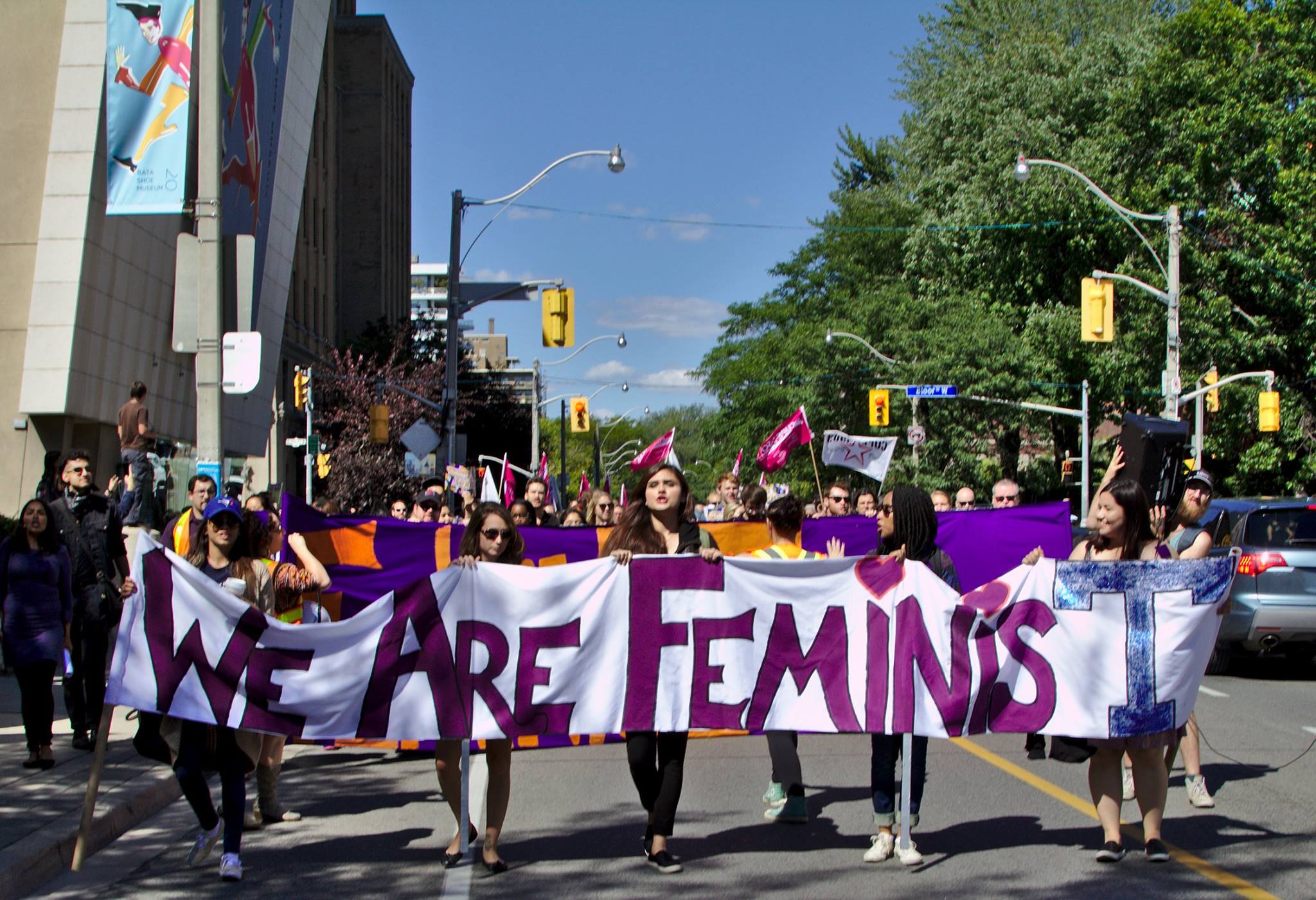Please support our coverage of democratic movements and become a supporter of rabble.ca.
For university students, professors and instructors in Toronto, the start of a new academic year is generally associated with excitement and some jitters, but not the threat of death. Last week, the University of Toronto was at the center of media attention when serious threats of violence were posted online, targeting both female faculty and students at the university.
In his latest editorial, The Globe and Mail‘s Marcus Gee argues that responses by the university’s administration, students, faculty and unions were disproportionate to the gravity of the threats, deeming them “excessive.”
But Gee fundamentally misses the point, dismissing the experience of women in a society that constantly reminds us of the “potential” for violence against women everywhere.
As graduate students in one of the two departments named in the threats (Sociology and Women and Gender Studies), it should be no surprise that we were alarmed and worried for our physical safety. The spectre of the anti-feminist shooting at l’École Polytechnique still haunts university students and faculty 25 years later.
What is more disturbing, moreover, is that we live in a moment where gendered violence is downplayed to such a degree that responses to it are met with incredulity or eye-rolling disdain. Let’s not forget that in almost every school shooting in North America, including Columbine, Isla Vista and Dawson College, there were warning signs prior to the incidents that people failed to take seriously. Those who make light of violence against women and label responses to it as “overreaction” shed light on why we need feminism more than ever today.
Women are regularly advised to be personally responsible for avoiding gendered violence — monitoring the clothing they wear and where they walk at night for fear of provoking attack. It wasn’t long ago that a police constable responded to violent sexual attacks and robberies at York University by advising female students to “avoid dressing like sluts in order not to be victimized.”
Women’s experiences are devalued when we tell them they could have avoided assault or they are being too sensitive to threats of attack. Regardless of whether these threats were realized, the recent online threats issued against feminists at UofT were understood within the context of all-too real historical and contemporary gendered violence. This isn’t fear-mongering; the most recent Statistics Canada data tells us that half of all women in Canada have experienced at least one incident of physical or sexual violence since the age of 16. Alarmingly, the Canadian Government has not collected data on sexual harassment or sexual assault since 1993, so this figure could be even higher today.
To top it off, Gee mischaracterizes UofT’sresponse to these threats. While the university had information regarding similar targets online back in June, its email alerts did not inform the university community about the gendered nature of the threats or the identified departments until after teaching-assistant union CUPE 3902 and Reddit made this information public. Following police advice meant to avoid escalating public anxiety and potential copycat crimes, university administration held on to information about the most recent threats for five days after they were published. Yet failing to provide specific, timely information to students and faculty actually increased anxiety, rather than lessening it.
Denying the severity of these threats and the subjective impact they have on the day-to-day experience of the university community also denies the unique heightened climate of “potential” violence that women face each day.
Further, some students feel that an increased police presence on campus does not make them safer, but instead increases their risk of exposure to violence of another sort. In particular, women who are racialized, Indigenous, queer and trans, and who have a precarious citizenship status may experience the police as a source of danger, harassment or violence, as evidenced by the Toronto police practice of racial profiling and disproportionately carding people of colour.
The recent, student-driven demonstrations at UofT to protest misogyny and violence against women were not merely stirring up a “fretful state of agitation.” Nor were York University students when they responded to a police officer’s comments about their clothing by organizing SlutWalk — now a global social movement. Collective action reminds us that feminism remains current and very necessary in a world where gendered threats are brushed aside as “strange goings-on.”
Feminist protest serves to build a stronger grassroots community among people of all genders working against misogyny and in solidarity against all forms of oppression.
This op-ed is the collective work of a group of graduate students from the Department of Sociology at the University of Toronto, one of the two departments directly targeted by the online threats.
Please support our coverage of democratic movements and become a supporter of rabble.ca.
Photo: Mo Ismailzai



